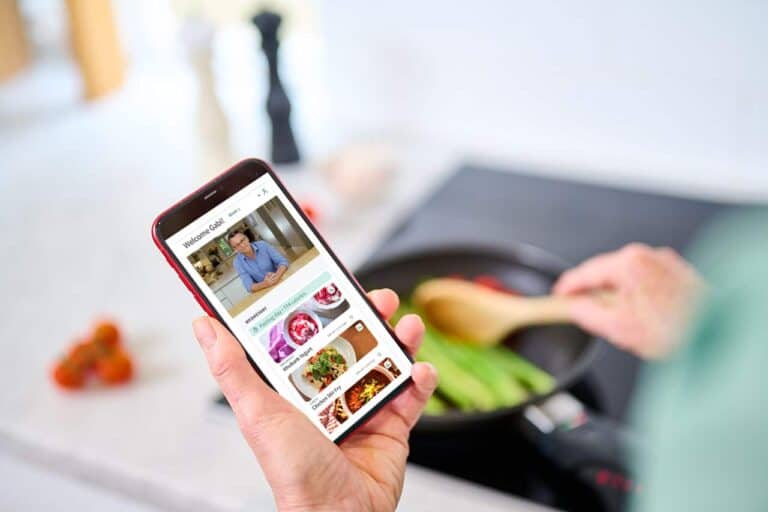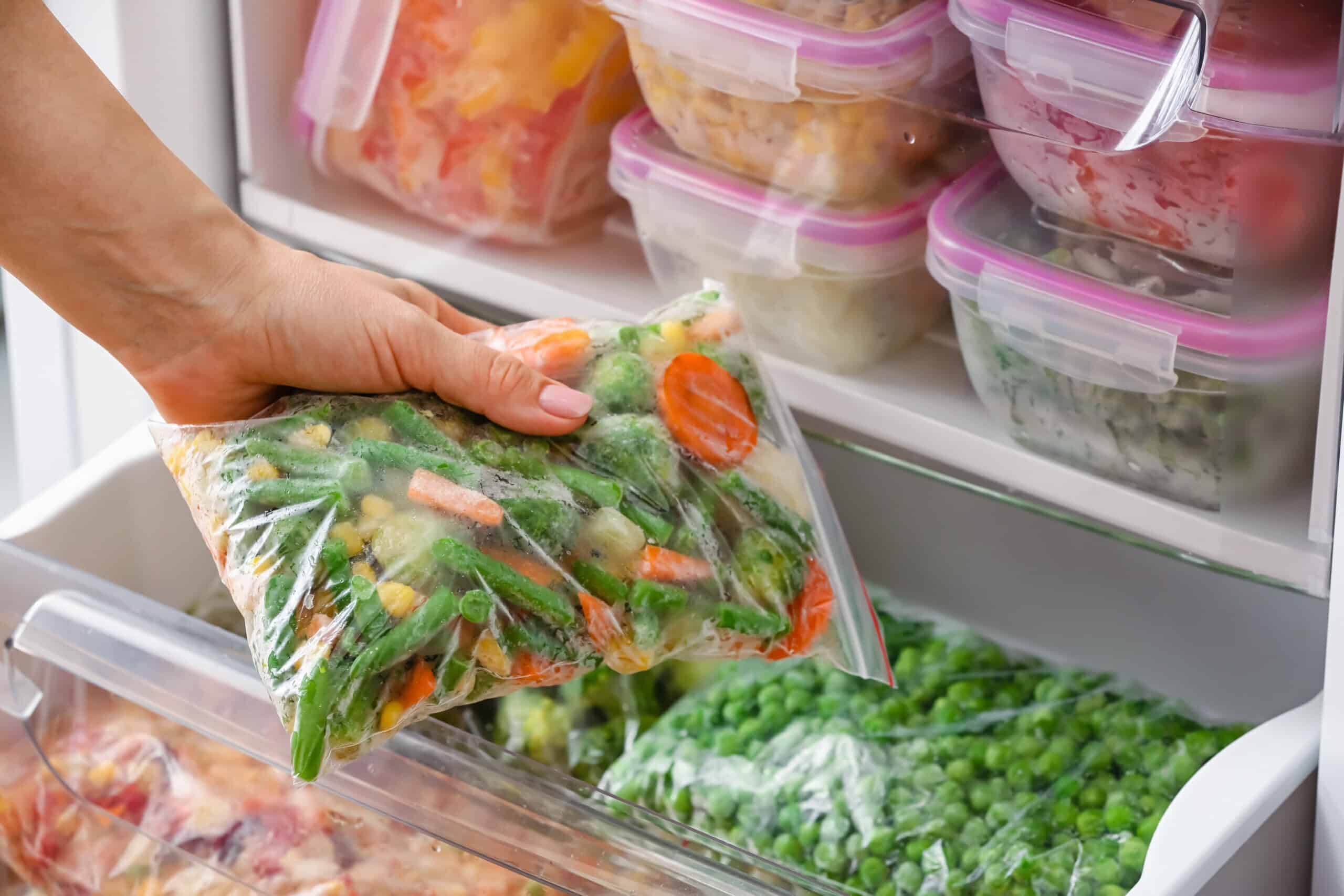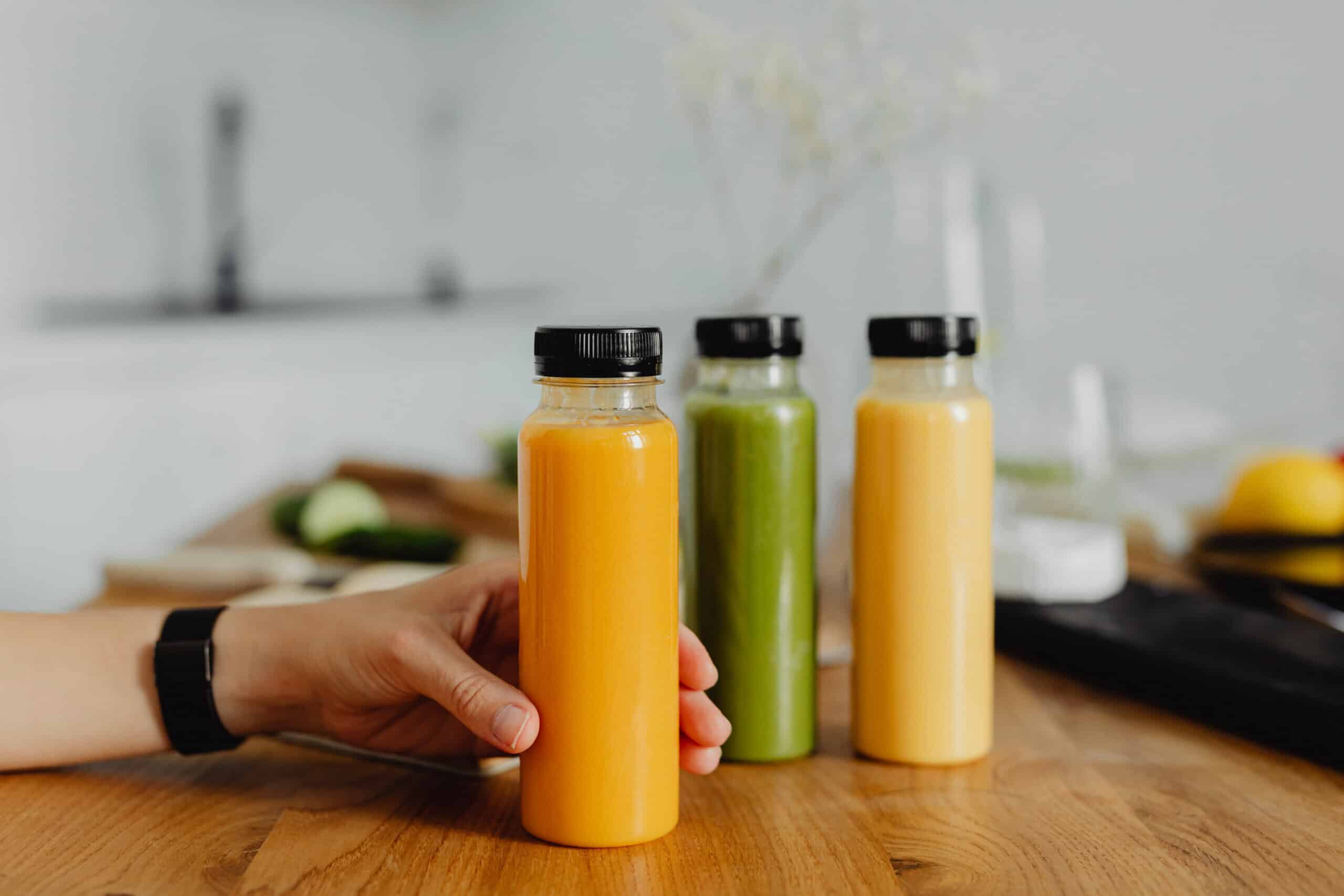How to lower your calorie intake
Put simply, to lose weight you need to eat fewer calories than you burn. This is why approaches like intermittent fasting and time-restricted eating are so effective for weight loss, as they reduce your caloric intake across the day.
However, reducing your calorie intake does not just mean eating less; the quality of those calories is just as important. There are a few key changes you’ll need to make to keep you properly nourished and full while reducing your calorie intake. So, here are a few of our top tips for cutting back on calories the healthy way:
The Fast 800 Programme is a personal trainer, a nutritionist, a support network and more to help you lose weight and keep it off. Learn more and get started today with a 7-day free trial.
7-DAY FREE TRIAL
How to reduce your calorie intake
- Eat the right kind of calories: You might think reducing your calories will mean drastically reducing the volume of food you can eat, but you might be pleasantly surprised. For example, one small hash brown contains 262 calories, but an entire head of broccoli contains about 51 calories and would leave your plate overflowing. That said, we know that you’ll want more exciting low-calorie dishes to fill you up than a plate of broccoli, so visit The Fast 800 Programme for our collection of tasty, low-calorie recipes.
- Choose full-fat over low-fat: Though this might sound counterintuitive, choosing full-fat over low-fat products helps you stay fuller for longer and avoid eating more calories later in the day. A Mediterranean-style diet is naturally low in carbs and calories and high in protein and healthy fats which keep you full and energised while on a reduced caloric intake.
Join our email community
Learn more about The Fast 800 approach to healthy living by receiving our free content, health tips and recipes as well as exclusive offers, delivered straight to your inbox.
- Try time-restricted eating: This practice, otherwise known as ‘TRE’, is an excellent way to reduce your calorie intake. As you fit your eating into a smaller window of time, and/or reduce your meals to just two meals a day, you will automatically consume fewer calories. To help get you started, The Fast 800 Programme has two-meal-a-day plans available, complete with delicious, low calorie recipe ideas that will keep you full and satisfied throughout your day.
- Don’t drink your calories: Sugary hot drinks, fizzy drinks and fruit juices are all very calorific, and can be a forgotten source of calories in your diet. In fact, according to one study, drinking sugar-sweetened beverages not only adds calories to your diet but increases your hunger later on.1 Choose naturally flavoured waters and herbal teas to hydrate yourself in a calorie-free way instead.
- Fill your plate with non-starchy veggies: Eating plenty of low-calorie, non-starchy vegetables will help you stay fuller for longer, making weight loss more manageable and, because they are great sources of fibre, you’ll feel fuller while consuming fewer calories. Just make sure you pair them alongside protein and healthy fats for a satisfying and nutritious meal!
When switching to a low-calorie diet, it can be easy to feel a little lost or limited in your food options. That’s why tools like The Fast 800 Programme are so key to long-term success: being supported by health professionals who have designed balanced meal plans, healthy recipes and exercise courses can be the change that’s needed to stick to a reduced calorie intake. Sign up to the Programme here for your 7-day free trial.
Shearrer GE, O’Reilly GA, Belcher BR, Daniels MJ, Goran MI, Spruijt-Metz D, Davis JN. The impact of sugar sweetened beverage intake on hunger and satiety in minority adolescents. Appetite. 2016 Feb 1;97:43-8. doi: 10.1016/j.appet.2015.11.015. Epub 2015 Dec 1. Erratum in: Appetite. 2016 May 1;100:272. PMID: 26606887; PMCID: PMC5266547.









